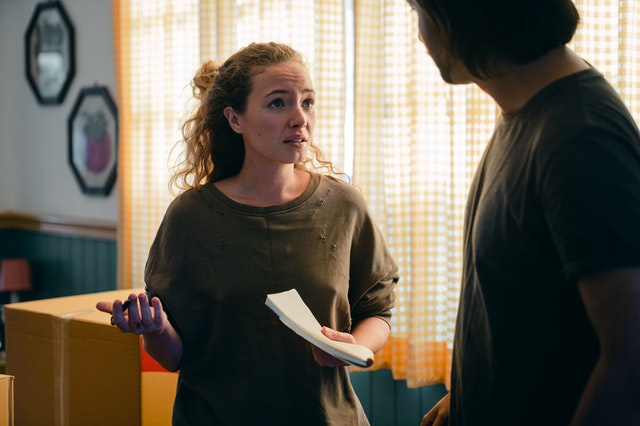
The recent hike by the Reserve Bank of Australia (RBA) will not only have an impact on mortgages but will likely have a ripple effect on rents.
The Investors Agency co-director Bobby Haeri said over the past two years, rent increases of around 20% to 30% have been extremely common, with some cases even reaching up to 50%.
“I believe rents will continue to increase on a similar trajectory in many pockets around the country where job and wages growth supports this,” he told Your Investment Property.
Mr Haeri said looking at the context around why and how much rents have increased over the past two years into the pandemic would provide an insight as to where they would go now that interest rates are rising.
“When COVID hit, we saw rents starting to increase across almost all existing established properties across the country due to all the expats who came back home,” he said.
“The only area of housing where vacancy rates increased was the high-rise apartment market closer into the city and universities, this was due to backpackers and uni students going back to their native countries.”
However, more than two years after, vacancy rates remained low while dwelling approvals continued to lag as construction costs skyrocketed.
“This means in the years to come, dwelling approvals will continue to be at an all-time low — tie that in with the government's plan to increase immigration to strengthen the economy which will only put more pressure on rental prices,” Mr Haeri said.
Still, there might be some regions, such as tourism destinations, that may see a slight decrease in rent prices when the population starts migrating back to the CBDs or major working hubs.
“However, for the rest of the country which has a diverse economy, we don't see any slowdown in rental demand and do not see anywhere near enough supply to take pressure off the rental demand.”
Should landlords impose rent hikes?
:Different head of customer experience Shannyn Laird said while landlords can increase rents due to the rate hike, they need to be prepared for tenants to push back if the increase is not warranted or it is excessive and doesn’t match up with the market.
“Landlords can also increase the rent if the lease is periodic, meaning it's not fixed, and the tenant hasn't had a rent increase in a certain time period,” she said.
Meanwhile, Mr Haeri said landlords should look closely at vacancy rates first before increasing rents.
“They can assess this by dividing the total number of rental properties by the number of rental properties listed for rent,” he said.
Landlords can also use listings sites to see how many comparable properties are for rent in a certain area.
“Naturally if there are not many properties available or the comparable properties are listed at a higher price than the current rent they are achieving then they can be confident in increasing the rent,” Mr Haeri said.
Landlords are not encouraged to rely on property managers when it comes to market rents.
“While there is a minority of property managers who will always strive to achieve the highest results for the landlord, the majority of property managers often recommend to keep the rent at the same price as it's an easier process and is a less awkward conversation for them,” Mr Haeri said.
Mr Haeri said it is important for landlords to assess how the rate hikes will impact their budgets to know whether it would be the right time to increase rents.
“The 25 basis point increase in cash rate could mean a $53 monthly increase for a $400,000 mortgage, $109 for an $800,000 mortgage, and $163 for a $1.2m investor home loan,” he said.
“You can see this is quite nominal and although interest rates will continue to increase over the next few years, we need to realise that rents have already increased and will continue to increase significantly over the coming years.”
—
Photo by @ketut-subiyanto on Pexels